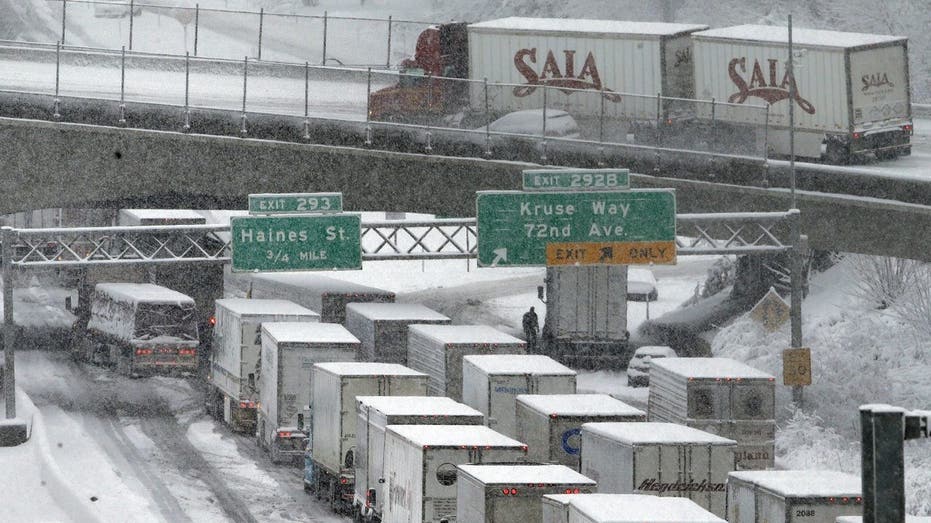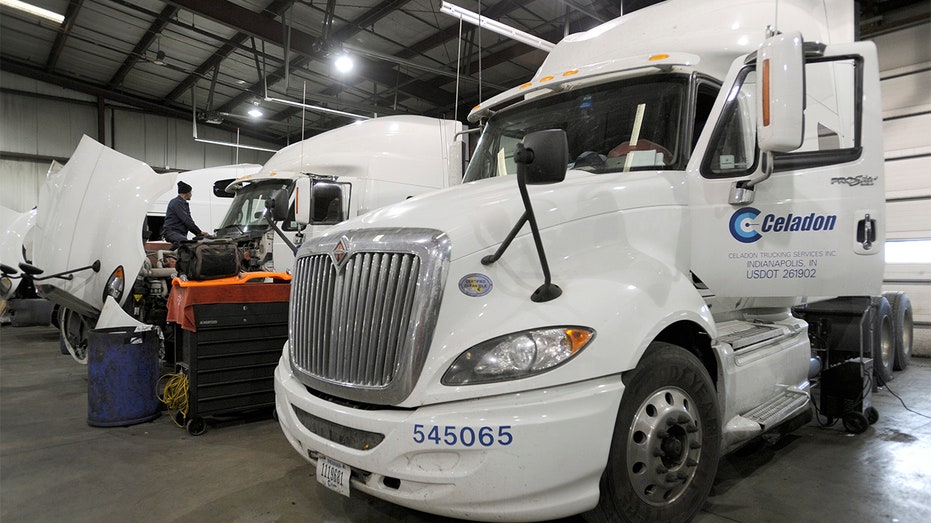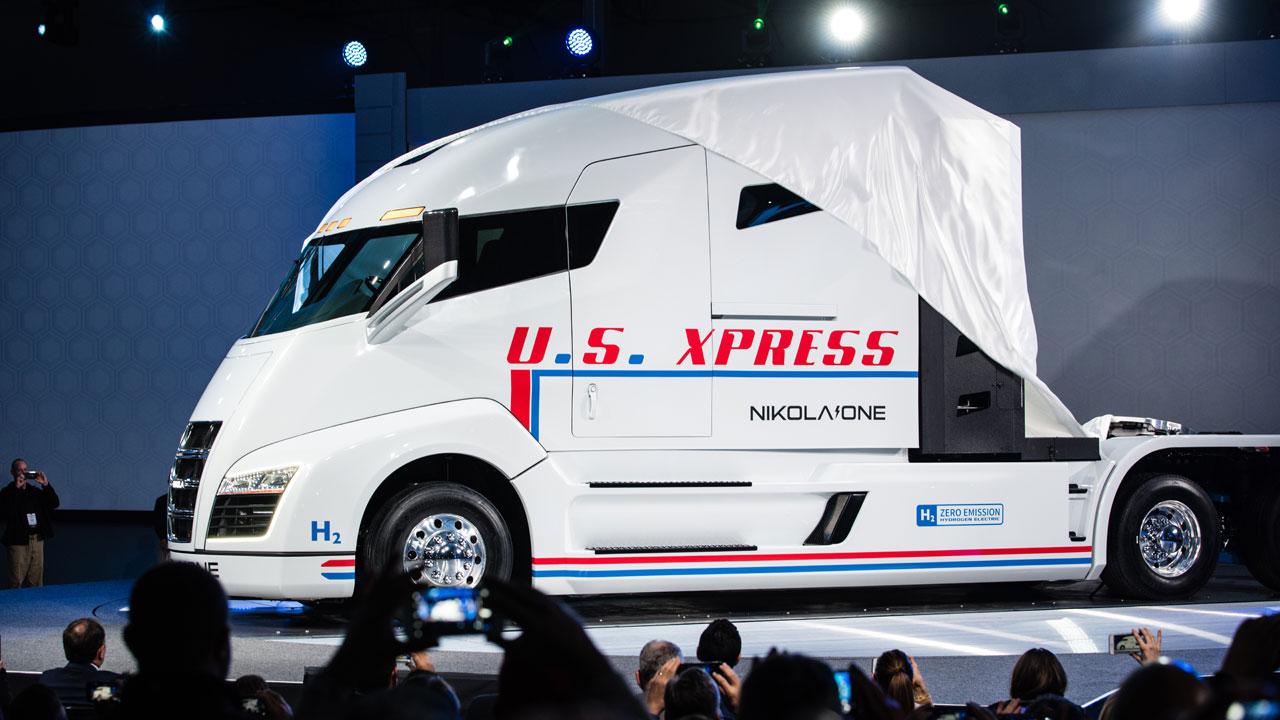Trucking industry off to rough, 'sluggish' start in 2020
The coronavirus outbreak is adding to an uncertain economic environment
On the heels of a challenging 2019, the trucking industry is still fending off many of the same challenges in the first quarter of 2020.
In a new research note, Baird analyst Ben Hartford said demand remained weak in January, as the Cass Freight Shipment Index – which measures monthly freight activity – declined 9.4 percent year over year.
According to data from the American Trucking Associations, truck tonnage rose just 0.1 percent in January – after peaking in July. Truck freight tonnage is being weighed down by manufacturing weakness and elevated inventories.
Industry experts said seasonal weakness continued into February, driven by the Lunar New Year and uncertainty related to the impact of the coronavirus, which has already begun to affect supply chains of some of the largest U.S. companies, like Apple.
Shippers told Hartford that activity off the West Coast has been soft, and they expect a below-seasonal ramp in volumes in March.

In this Jan. 11, 2017, file photo, early morning traffic is at a standstill on Interstate 5 headed into town as a semi truck and cars block the off ramp to Highway 217 above in Portland, Ore. (AP Photo/Don Ryan, File)
Baird also said spot truckload data has been below seasonal expectations at the start of the year, which is expected to continue throughout March.
CALIFORNIA TRUCKERS NOT SUBJECT TO GIG ECONOMY LAW, JUDGE SAYS
As previously reported by FOX Business, experts cautioned the beginning of the year could bring continued challenges in the sector.
During its fourth-quarter earnings call in January, Landstar Systems said it believes the first quarter of 2020 will be a difficult quarter-over-quarter comparison – though it expects capacity could tighten in the back half of the year, causing more trucks to leave the market.
IS THE TRUCK DRIVER SHORTAGE REALLY AS BAD AS IT SEEMS?
"It's a sluggish environment," Jim Gattoni, the company's CEO, said. Gattoni pointed to ongoing manufacturing weakness and skyrocketing insurance costs as two things that could put pressure on smaller companies and limit capacity.
Werner Enterprises forecast a truckload industry supply contraction in the first half of 2020 as capacity comes out of the market.

FILE - Trucks sit in the service department for repairs at Celadon Group Inc. headquarters in Indianapolis, Indiana, Oct. 28, 2011. (Alan Petersime/Bloomberg via Getty Images)
"Currently, we expect industry dynamics to improve in the second half of 2020, although it is difficult to predict the exact timing of the turn," Werner Enterprises CEO Derek Leathers said during the company’s most recent earnings call.
Weakness in the market is continuing from 2019, when at least 795 trucking companies failed and 24,000 trucks were removed from the nation's capacity, according to Donald Broughton, principal and managing partner of data firm Broughton Capital.
GET FOX BUSINESS ON THE GO BY CLICKING HERE
The company failures were the result of overcapacity in the market, thanks to the stellar year the industry had in 2018 – when revenues climbed to nearly $800 billion. When demand sagged last year, it drove prices down, making it challenging for weaker companies to continue operating.
CLICK HERE TO READ MORE ON FOX BUSINESS
Some believe much of the correction in the market had already occurred, but weak pricing, supply challenges and other costs would continue to weigh on companies.




















